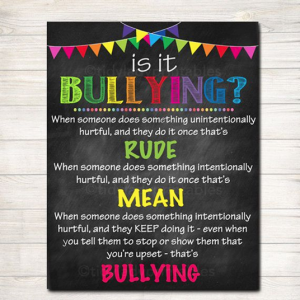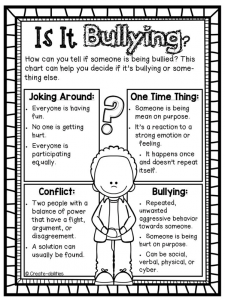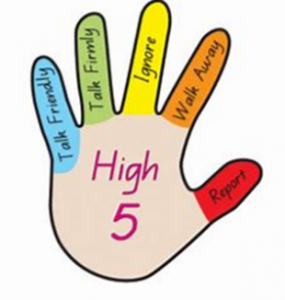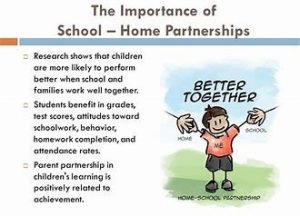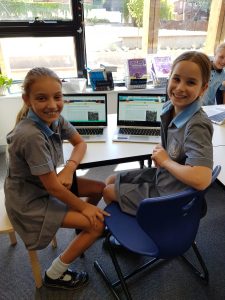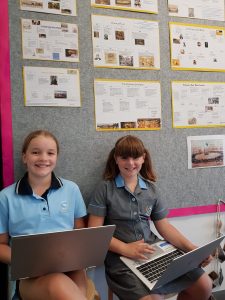Disagreements Between Children
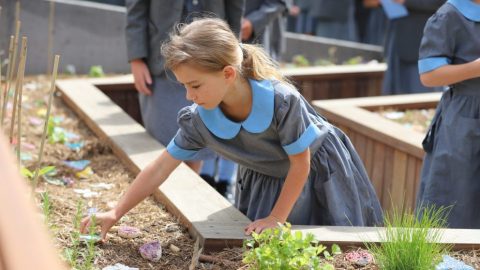
Disagreements Between Children
When children get together, disagreements can often arise. Just like brothers and sisters at home, there will be quarrels. These are normal situations as children learn to negotiate, compromise and learn to give others a turn or take the lead. Learning social skills is developmental and even when children of the same age get together, they can be at different levels of social development. Some might understand the need to take turns in suggesting the game to be played that day, while others might still be at the ‘egocentric’ stage and want it all their way. Schools enable children to grow and develop social skills in a safe environment. Just like any other skill, they will need to practise it in a number of settings and situations before they become competent – there will be mistakes. However, mistakes should not label a child forever. They need to learn from their mistakes and understand that some mistakes have consequences. The important thing for teachers and parents is to provide children with some skills with dealing with their own behaviours and those of others.
The following graphics are very useful when talking to students about incidents that happen to them or those that they are involved in.
In the lower primary years, we have introduced the ‘High 5’ strategy.
This strategy empowers students to take some control of the situation. By learning this strategy and role-playing various scenarios, as we have done in class, the students get to see how it works from two perspectives: the one employing the strategy and the other receiving the strategy. The messages given and received are quite clear and should result in the message giver developing confidence in handling situations and the receiver realising their behaviour is not welcome and the need to modify their behaviour appropriately.
Parent Teacher Interviews
I hope that all parents found the interviews with their daughter’s teacher informative. Our teachers are a great source of information and I encourage parents to seek their advice on how they can help their daughter at home. The partnership between home and school is essential, and if we combine efforts, we can provide greater support for your daughter.
Ms Karen McArdle, Head of Junior School
Year 5
The Year 5 students commenced the year learning all about the Victorian Gold Rush. They have shared their thinking and formulated questions about how people lived on the goldfields, what tools they used to mine for gold, how the miner’s licence affected the miners and some of the laws the miners had to live by. From their questions and wonderings, the girls began their research using resources such as books and computers to help answer their questions. They found out that life on the goldfields was not easy and very different to the lifestyle they are used to today. The girls found important dates and events and placed them on a timeline before investigating further into the events of why people sailed to Victoria from across the world in search of gold. They further went on to investigate the events of the Eureka Stockade.
The investigation into the Victorian Gold Rush is preparing the girls for our Sovereign Hill Camp taking place from 20 to 22 March. It will be a very memorable camp where the girls will dress up and experience life as a student living on the goldfields. The research the girls do before camp will help build their knowledge and understanding of this important time in Australia’s history with the Sovereign Hill experience further deepening their understanding of the Victorian Gold Rush.
All of Year 5 are very excited for what is bound to be a very enjoyable camp.


